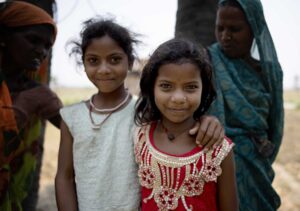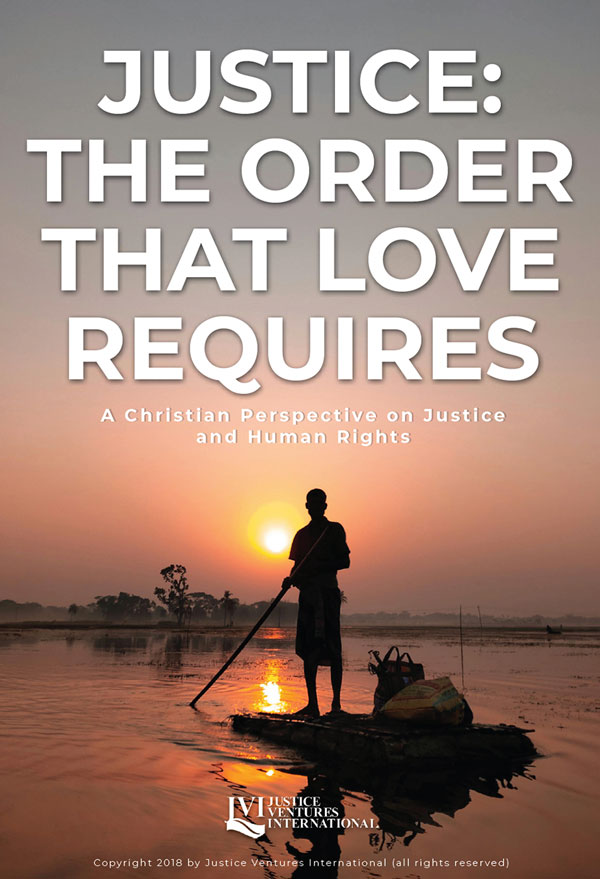Why Justice?
Today, an estimated 50 million people are trapped in modern slavery and human trafficking, with the majority in South Asia. These victims—children, women, and men—suffer from sexual exploitation, forced labor, bonded labor, and forced marriage.

The majority of victims of extreme injustice live in communities defined by impunity and power imbalances. Currently, 57% of the global population—five billion people—live outside the protection of the law2.
These are unjust communities where:
For a community to flourish—with access to jobs, education, healthcare, housing, clean water, electricity, and other essential infrastructure—it must first have justice.
Justice is the first step toward breaking the cycle of violence and inequity, enabling communities to grow, prosper, and secure a better future.
The prophet Micah proclaims “He has shown thee, O man, what is good and what the Lord requires of you–to do justice, love mercy and walk humbly with your God.” Jesus likewise emphasized his heart – God’s heart – for “justice, mercy and faithfulness”.
So how does the Bible define justice? What does it mean to seek justice for the poor and oppressed in today’s world? Justice can be defined as the exercise of power and authority to order society according to God’s standards. Put more simply, justice is the order that God’s love requires.
Scripture makes it clear that God’s justice requires freedom, accountability, restoration, and transformation. Justice includes the exercise of power and authority to:
JVI’s “JUSTICE: THE ORDER THAT LOVE REQUIRES” further lays out a Christian perspective on justice and human rights

Request a copy of Justice: The Order that Love Requires by emailing connect@justiceventures.org.